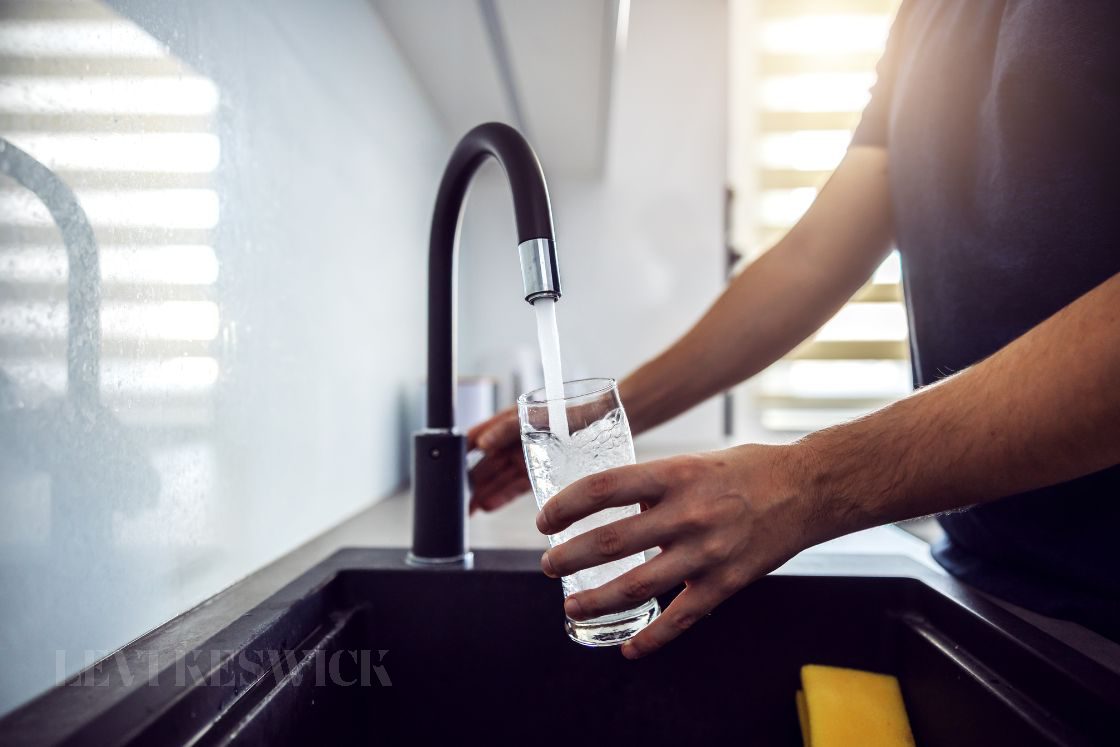Several homes distribute hard water, which is water containing higher amounts of calcium and magnesium. Hard water is often less ideal for drinking and damages hair and skin. Do you notice any of the common problems stemming from a lack of soft water? Then this helpful guide to the overall benefits of installing a water softener system in your home may be right for you.
Healthier Skin and Hair
The calcium in hard water tends to leave skin feeling rough, coarse, and overall grittier than the softness and healthiness created by washing with soft water. Because soft water lacks excess calcium, it works better with our bodies’ natural oils and helps create a better lather when using soaps or shampoos. Utilizing soft water turns your baths and showers into a more relaxing and enjoyable experience.
Better for Cooking
Any recipe that involves water receives benefits from using soft water. Hard water practically destroys rice and other grains, leaving them drier, less sticky, and less flavorful. Vegetables cooked in hard water often seem soggier and less appealing. Soft water also boils faster, making cooking a more efficient process.
Less Cleaning
Do you ever go into your bathroom and notice pale white rings all over your faucets from droplets of water? These rings are a typical result of the hardening of leftover minerals in hard water. One of the most significant benefits of installing a water softener system is less residue from these built-up minerals for you to scrub clean.
Lower Utility Bills
The calcium and magnesium in hard water don’t just manifest on your surfaces but build up in the pipes and your appliances too. As these scale or limestone deposits accumulate, your devices work harder to pump water through the pipes. This can greatly increase the cost of your utility bills over time and lead to more frequent pipe replacements.








